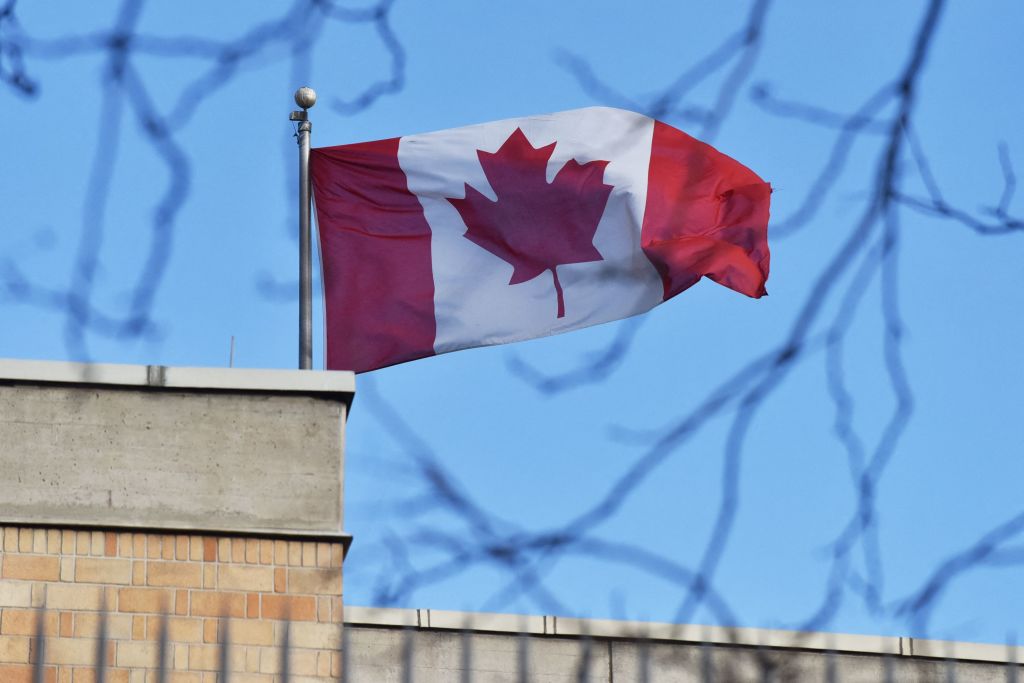“After a recent experience caring for a patient receiving medical assistance in dying, I felt distressed and uncomfortable. How should I manage these emotions?”
According to the website of the College of Nurses of Ontario, that’s a frequently asked question for healthcare professionals involved in euthanasia. Perhaps Canadian health science programs ought to have some mandatory classes on Shakespeare. He wrote quite a bit about coping with the pangs of conscience, particularly after having been an accessory to the unnatural death of another.
Canada’s euthanasia program, known officially as Medical Assistance in Dying, or MAiD, is one of the most permissive assisted suicide regimes in the world — and set to become even more so in March 2023, when euthanasia for the mentally ill will become legal. Assisted suicide for “mature minors” is under government consideration, and the Quebec College of Physicians just told the federal government it believes infant euthanasia is appropriate “up to age one.” We’ve fallen a long way since Hippocrates.
Currently, medical professionals are authorized — by the government, at any rate — to provide euthanasia for any consenting, competent adult who claims to be suffering intolerably, physically or mentally, from a condition that cannot be relieved in a manner deemed “acceptable” by the individual. (This language deliberately puts the criteria into the realm of subjective experience: there is no external measuring device that can quantify someone else’s suffering, and only the individual can decide if the available relief is “acceptable” or not.)
In practice, current law means a depressed 23-year-old with diabetes and vision loss could be legally killed (though his feisty mother has saved him for the time being). It means a woman who can’t find affordable housing that accommodates her wheelchair and her chemical sensitivities can find two doctors to sign off on what is effectively a death warrant.
It means the weak and the vulnerable risk being literally bullied to death by exploitative caregivers. Take the case of Roger Foley in London, Ontario, who held a management position with the Royal Bank of Canada before a health condition left him severely physically disabled. In the hospital, he says, staff repeatedly pushed him to consider assisted suicide. Upset, he began secretly recording them. In one tape, someone who is purportedly a medical ethicist tells him he is costing the system “north of $1,500 a day” before turning the conversation to euthanasia.
Or take the case of the Canadian army vet who called the Veterans Affairs support line, looking for services related to injuries sustained in the line of duty — only to be offered assisted suicide. According to the vet, his caseworker said, “Oh by the way, if you have suicidal thoughts…” and went on to recommend euthanasia, adding, “It’s better than blowing your brains out against the wall.” He said emphatically he was not interested, but she insisted, saying they’d “done it” for another veteran and put supports in place for his wife and children. The vet was so disgusted he left the country.
In Delta, British Columbia, a non-profit hospice run by the Delta Hospice Society (DHS) refused to allow assisted suicide on the premises. DHS held that assisted suicide is incompatible with authentic palliative care. Their hospice, they said, was intended as a sanctuary for patients who wanted to spend their last days in a euthanasia-free facility. In 2021, DHS was deprived of public funding on grounds of noncompliance with public health policy, and eviction notices were handed out — including, reportedly, to dying people in their beds. The facility was taken over by the government. DHS continued to operate a thrift shop, using the funds to run a national palliative-care helpline. But authorities even attempted (unsuccessfully) to seize that. DHS is now working, with the help of private donors, towards reopening an entirely independent palliative care facility.
As horror stories of Canada’s euthanasia regime seep out into the world’s media, people are rightly shocked. Many deplore the slippery slope of what they imagine began as a compassionate effort to prevent suffering. What they fail to realize is that it’s the principle of the thing: society has denied the objective value of human life. From there on, no one is safe.
Canada’s government began by refusing to recognize objective value in a life in the womb. It delegated to the mother the task of assigning a subjective value to the unborn child: “wanted” or “unwanted”? Today, the government refuses to recognize inherent value in adult life, and delegates to the individual the task of assigning a subjective value to his life. Tomorrow, the government may appoint a team of insurance adjustors to assess our individual blue-book values and decide if we live or die. It’s all the same principle.
The Delta Hospice Society was forced to stop providing high-quality care to dying people for no reason other than to establish this principle. Anyone eligible for euthanasia could have applied for it at the local hospital, mere steps away. Why, then, did the hospice have to close? Because DHS had become a stark reminder that putting sick people to death isn’t palliative care — it’s murder.
There’s a truth liable to stir up uncomfortable emotions. Let’s see how the Ontario nurses’ college expects its members to cope. “Providing Medical Assistance in Dying may pose a risk of increased moral distress, burnout, and trauma,” it acknowledges, before suggesting “debriefing” talks, self-care, and reflection.
Reflection? Really, it pays to study literature. Lady Macbeth — who, by the way, didn’t actually perform the killing — would not encourage reflection. “These deeds must not be thought after these ways… it will make us mad,” she’d say practically. As for self-care, both the lady and her husband displayed great anxiety for hand-washing, but it didn’t relieve their moral distress. “This my hand,” Macbeth fears, “will rather the multitudinous seas incarnadine, making the green one red…”
Shakespeare could tell the Ontario nurses, if they’d listen, that there’s only one cure for a troubled conscience: repentance. “What if this cursed hand were thicker than itself with brother’s blood?” he’d ask them gently. “Is there not rain enough in the sweet heavens to wash it white as snow?”

























